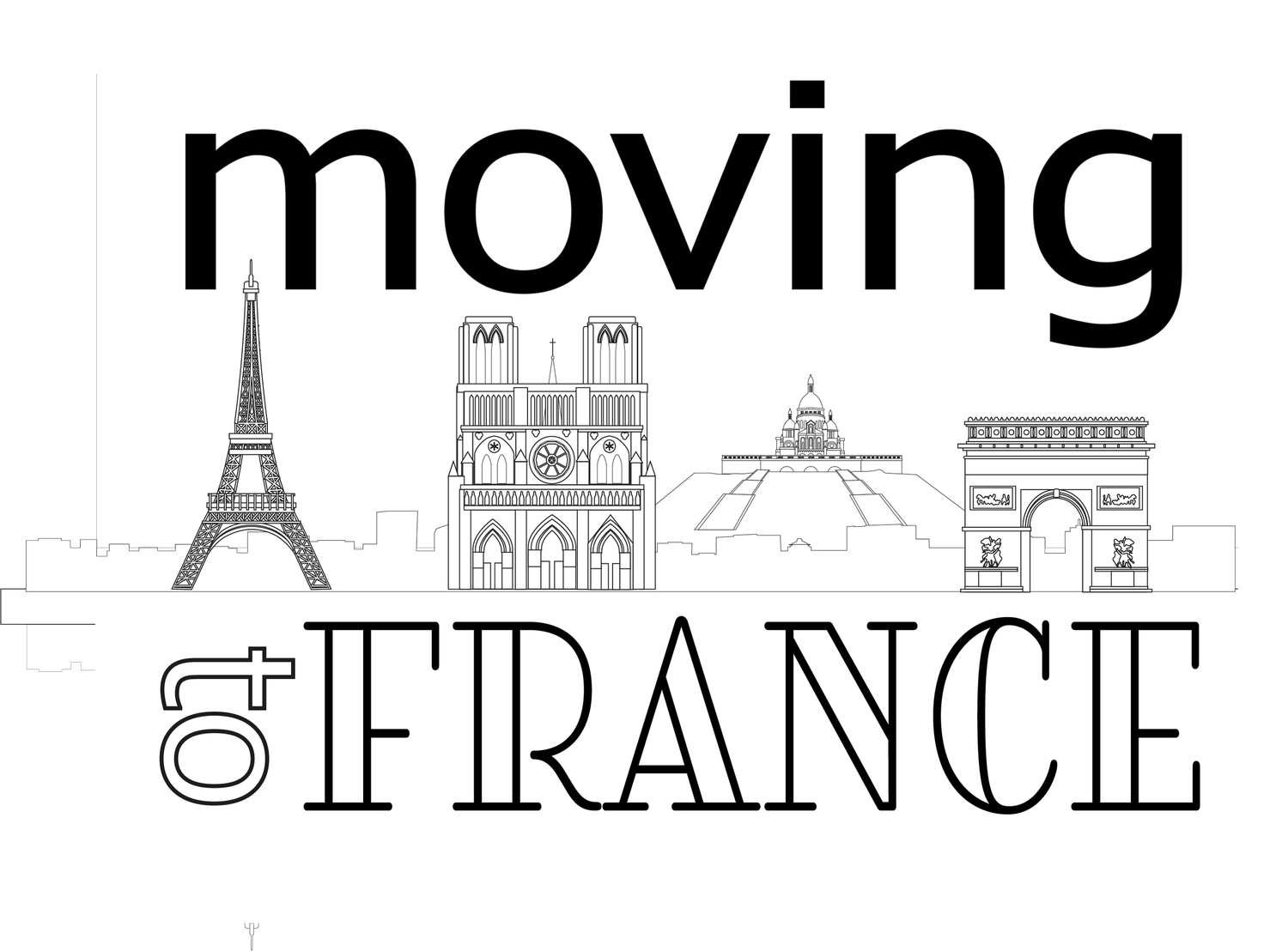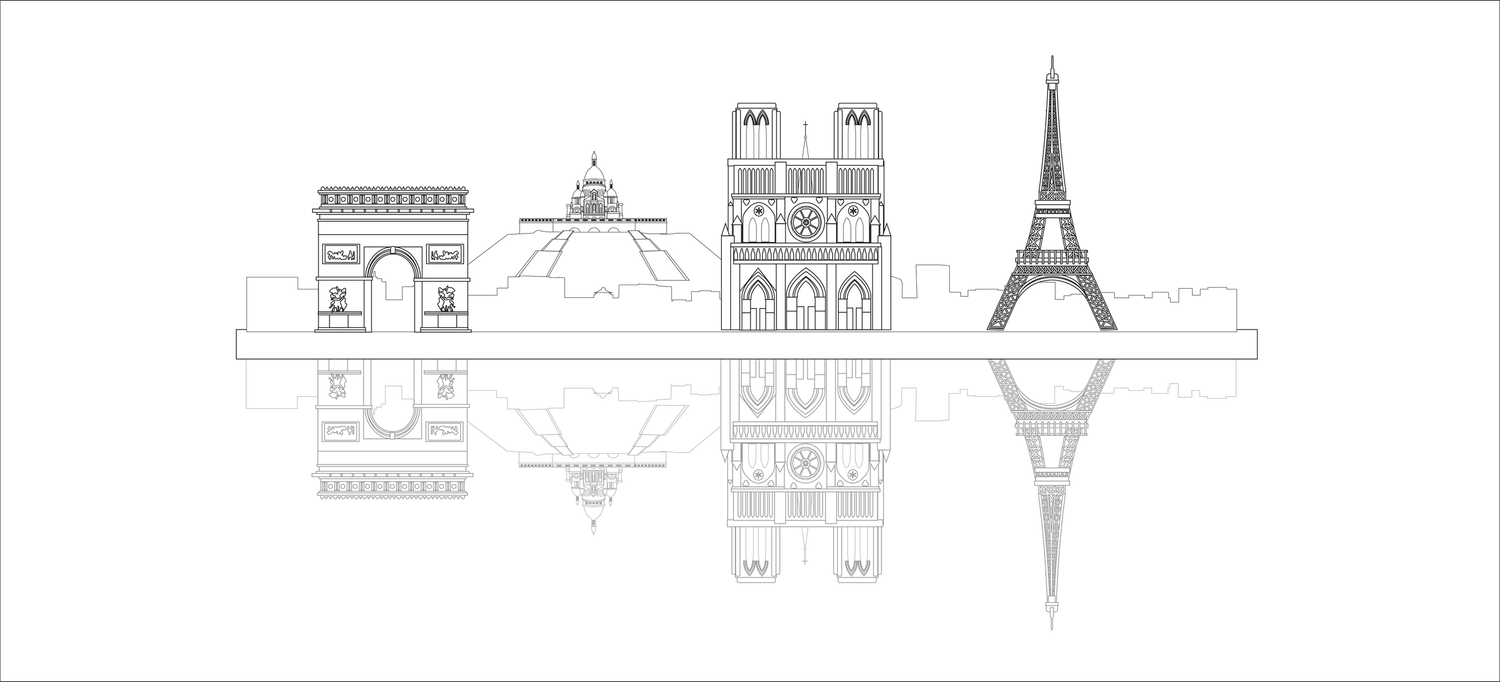Car Insurance in France: Everything an Expat Needs to Know
Everything You Need to Know about Car Insurance in France
So, you've decided to embark on a new adventure and become an expat in France. One of the practical aspects you'll need to consider is car insurance. Don't worry, I'm here to guide you through the ins and outs of car insurance in France without sounding too professional. Let's dive right in!
What is Car Insurance?
Car insurance in France, just like in any other country, is a legal requirement for all vehicle owners. It provides financial protection in case of accidents, theft, or damage to your vehicle or others involved in an accident. Understanding the key points will help you make an informed decision and ensure you comply with the law.
Types of Car Insurance
In France, there are three main types of car insurance coverage:
1. Third-Party Liability Insurance (Responsabilité Civile): Third-party liability insurance is compulsory. It means that you must have insurance that covers the damage you cause to other people and their property in an accident. The minimum level of coverage is 122,000 euros.
2. Third-Party Liability Insurance Plus Theft and Fire (Tiers Plus Vol et Incendie): This option extends the coverage of third-party liability insurance to include theft and fire damage to your vehicle.
3. Comprehensive Insurance (Assurance Tous Risques): This is the highest level of coverage you can purchase. It includes third-party liability protection, theft, fire, and damage to your own vehicle, even if you're at fault.
Factors Affecting Car Insurance Premiums
Several factors influence the cost of your car insurance premiums. These include:
Driver's Age and Experience: Young and inexperienced drivers typically face higher premiums.
Vehicle Type and Age: Luxury cars, powerful vehicles, and brand-new cars generally require higher premiums.
Location: Insurance costs may vary depending on where you live in France due to factors like urban traffic and crime rates.
Driving Record: Your past driving record (including any previous claims) will impact your premiums.
No Claims Bonus (Bonus-Malus): In France, a bonus-malus system rewards safe drivers with lower premiums and penalizes those with frequent claims.
More about car insurance in France:
You can use insurance from your home country: If you are a resident of an EU country, you can use your home country's insurance in France. However, you will need to get a green card from your insurer, which shows that your insurance meets the French requirements.
You can also get insurance in France: There are many insurance companies in France that offer car insurance to expats. You can compare quotes online or get quotes from a broker.
The cost of car insurance in France varies: The cost of car insurance in France depends on a number of factors, including your age, driving history, the make and model of your car, and the level of coverage you choose.
You can get discounts for good driving: If you have a good driving record, you may be able to get a discount on your car insurance. You can also get discounts for having an anti-theft device installed in your car.
It is essential to read the terms and conditions of your insurance policy carefully: Make sure you understand what is covered by your policy and what is not. You should also know what to do if you have an accident.
You must have your car insurance certificate (certificat d'assurance) with you when you drive: This is a green document that shows that you have valid insurance. You must display it on the windshield of your car.
If you are involved in an accident, you must exchange insurance details with the other driver: This includes your name, address, and insurance policy number. You should also take photos of the damage to both cars.
You must report an accident to your insurance company as soon as possible: They will help you to process the claim and get your car repaired.
Here are some additional tips for expats buying car insurance in France:
Get quotes from several different insurers before you choose one.
Compare the level of cover and the cost of each policy.
Make sure you understand the terms and conditions of each policy.
Ask about discounts for good driving and anti-theft devices.
Read the policy carefully before you sign it.


